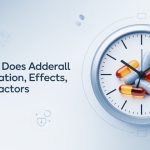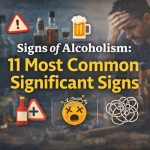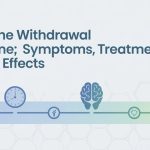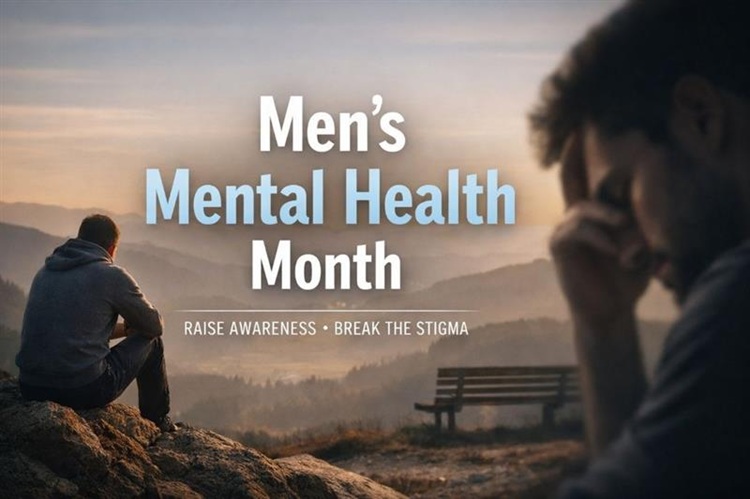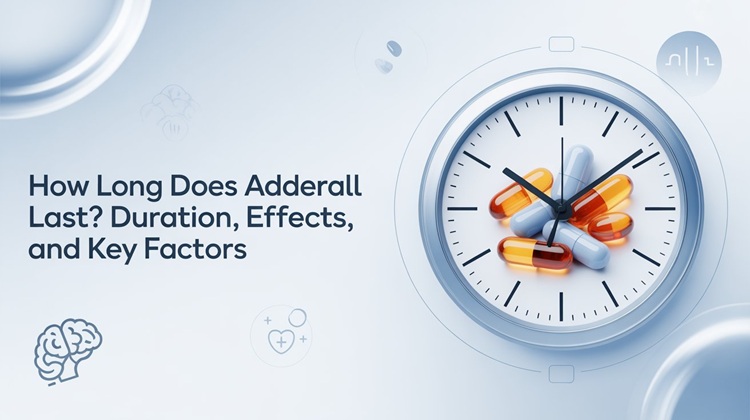
Bipolar disorder, also known as manic-depressive illness, is a mental health condition characterized by extreme mood swings that include episodes of mania and depression. It affects approximately 2% of the global population and has a significant impact on individuals’ daily functioning and overall quality of life.
Research published in Clinical Psychology Review, JAMA Psychiatry, and World Psychiatry offers valuable insights into various aspects of bipolar disorder, including its prevalence, etiology, diagnostic criteria, symptomatology, treatment approaches, and prognosis.
Prevalence: Bipolar disorder affects people of all ages, races, and socioeconomic backgrounds. It often emerges in late adolescence or early adulthood, but it can also occur in childhood or later in life. Studies have shown that individuals with a family history of bipolar disorder or other mood disorders have a higher risk of developing the condition. Additionally, genetic factors play a significant role, with researchers identifying specific gene variants associated with bipolar disorder.
Diagnostic Criteria: The Diagnostic and Statistical Manual of Mental Disorders (DSM-5) outlines the criteria for diagnosing bipolar disorder. It distinguishes between bipolar I disorder and bipolar II disorder. Bipolar I disorder is characterized by at least one manic episode, which involves a distinct period of abnormally and persistently elevated, expansive, or irritable mood. In some cases, the manic episode may be severe enough to require hospitalization. Bipolar II disorder, on the other hand, involves at least one hypomanic episode and one major depressive episode. A hypomanic episode is like a manic episode but less severe. The DSM-5 also includes a category for cyclothymic disorder, which involves recurrent mood fluctuations but does not meet the criteria for full-blown manic or depressive episodes.
Symptomatology: Manic episodes are characterized by a range of symptoms, including elevated mood, increased energy levels, decreased need for sleep, racing thoughts, impulsivity, increased goal-directed activity, and heightened self-esteem or grandiosity. During a manic episode, individuals may engage in risky behaviors such as excessive spending, substance abuse, or reckless driving. Depressive episodes, on the other hand, involve persistent sadness, loss of interest or pleasure in activities, changes in appetite or sleep patterns, fatigue or loss of energy, difficulty concentrating, feelings of guilt or worthlessness, and in severe cases, thoughts of death or suicide.
Etiology: The exact causes of bipolar disorder are not fully understood, but researchers believe that a combination of genetic, biological, and environmental factors contribute to its development. Studies have identified abnormalities in brain structure and function among individuals with bipolar disorder. Neurotransmitter imbalances, particularly involving serotonin, norepinephrine, and dopamine, are thought to play a role in the disorder. Disruptions in circadian rhythms, which regulate sleep-wake cycles and other biological processes, have also been implicated. Furthermore, stressful life events, such as trauma or significant life changes, and substance abuse can trigger or exacerbate episodes in individuals predisposed to bipolar disorder.
Treatment: Bipolar disorder is a chronic condition that requires long-term management. Treatment approaches typically involve a combination of pharmacotherapy, psychotherapy, and lifestyle modifications. Mood stabilizers, such as lithium, anticonvulsant medications (e.g., valproate, lamotrigine), or atypical antipsychotics, are commonly prescribed to manage mood swings and prevent the recurrence of episodes. Antidepressant medications may be used cautiously during depressive episodes, often in combination with mood stabilizers to reduce the risk of inducing mania or rapid cycling. Psychotherapy, including cognitive-behavioral therapy (CBT) and interpersonal therapy (IPT), can all help individuals live with this disorder. With the appropriate combination of pharmacotherapy, psychotherapy, and lifestyle adjustments, individuals with bipolar disorder can effectively manage their symptoms, improve their overall well-being, and achieve a higher quality of life.







